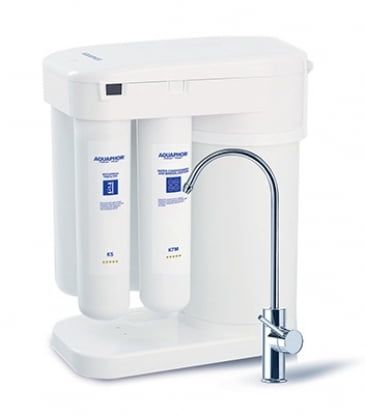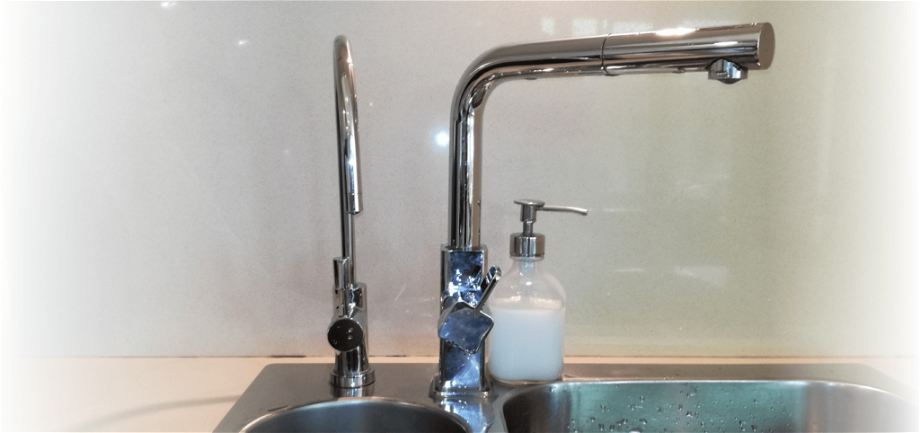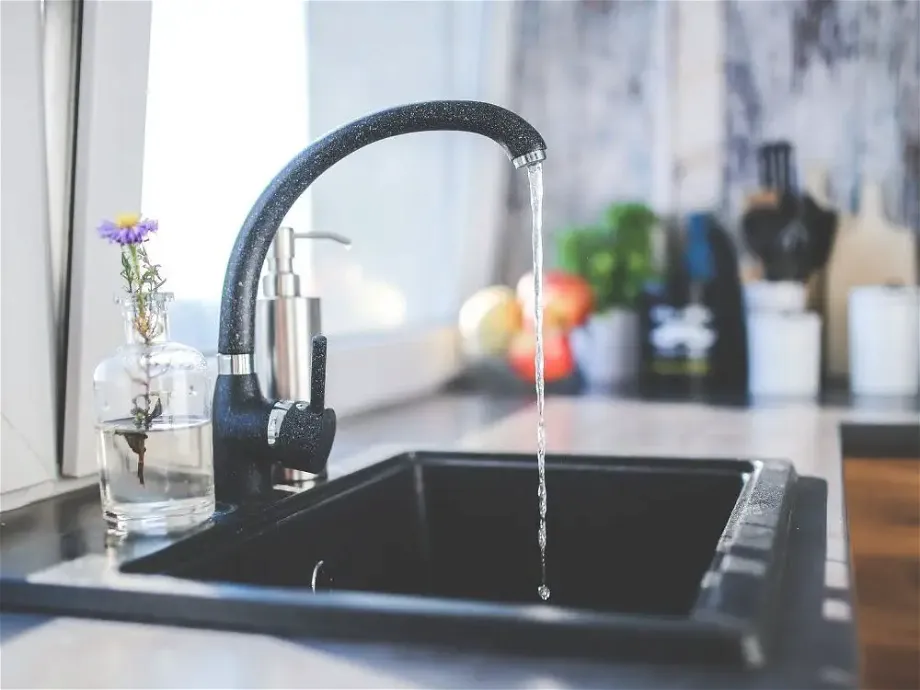
Clean water is a necessity for great health.
At the same time tap water is being polluted with all kinds of chemicals.
Some, such as chlorine, are added to sanitize the water and avoid outbreaks of infectious disease but also sanitize and damage our guts.
Other chemicals, such as those from industrial operations, find their way into the water supply and should be avoided.
People are aware of this problem and probably that is why bottled water sales are up.
However, bottled water is more difficult to obtain and is not necessarily pure.
Filtering water at home is way easier and is just as (or even more) healthier than buying bottled water.
Here are 4 ways you can filter your water at home.
Also check out our Practical Tips for Clean Drinking Water.
Jugs/pitchers with water filter – convenient yet most flawed
Probably the most common way to filter water is by using jugs with carbon water filters in them.
Carbon water filters, in general, are quite good at the job of filtering water from impurities. What concerns us is that using a plastic jug is not the healthiest option.
Generally, such jugs are made from high-quality SAN/AS plastic, which should not be toxic in any way. Yet, it is still plastic!
We use the jug very intensively and it inevitably gets scratched and worn out. Also, water in such jugs can quite warm in summer by direct or indirect sunlight and the plastic material gets heated.
Therefore, there are a number of factors that make such jugs likely to leach toxins from the plastic into our drinking water.
We have used such jug for almost a decade, always with the nagging feeling that we should not use plastic containers. We looked for glass jugs, however, the few models we found had inherently the same problem. Although the jug itself is made out of glass, the filter, which is plastic, always sits submerged into the water.
Ultimately, we found out that the filtered water starts to obtain a ‘plasticky’ taste in a couple of hours after being filtered and stored in the jug. Then we decided that we need to really find an alternative. Our research lead us into “real time” water filtration.
Reverse osmosis water filters

These are great on paper! They have special membranes which allow only water molecules to get through. This makes them great for places where the water is very polluted.
We, however, stayed off these filters for three main reasons.
- Water needs to be stored in a tank, which, naturally, is made out of … plastic.
- We found evidence that the water changes its molecular structure after a reverse osmosis filtration. This makes it very unnatural for the human organism (carbon filters change water molecule shape not as much).
- As we live in an area with no considerable water pollution, such level of filtration is unnecessary.
Faucet water filters

These filtration systems filter water in real time and are extremely easy to install! They also offer decent quality water filtration (usually better than jug water filters).
Also, real-time filtration means water does not need to be stored in any sort of plastic tank. There is a little chance for the filtered water to pick up toxins while quickly passing through the filter.
This option, however, is great, relatively inexpensive way to quickly install an (almost) plastic-free water filtration system.
We decided not to go for such filtration system as:
- we do not like the idea of the tubes, which are left in plain sight from the faucet to the filter.
- under counter filtration systems offer better water filtration.
Under counter water filters
This is our water filtration system of choice (the model we chose).
The particular model we chose can:
- filter water up to 0.7 microns (compared to 7 microns for jug water filters).
- reduce bacteria to almost 100%.
- filter the water in real time.
- clean up to 8000 liters/2100 US gallons.
Also, because the filters sit under the counter, they are not exposed to sunlight, heat and do not get worn out because of frequent usage. The ‘exposed’ part is the faucet, which is made out of metal.

Тhe only negative side, it is more difficult to install (you need to drill a hole in the sink) and there is some plastic tubing connecting the filter to its tap.
Which is your preferred water filtration method?
Do you think that there is a superior way for getting a clean, toxic-free water?



